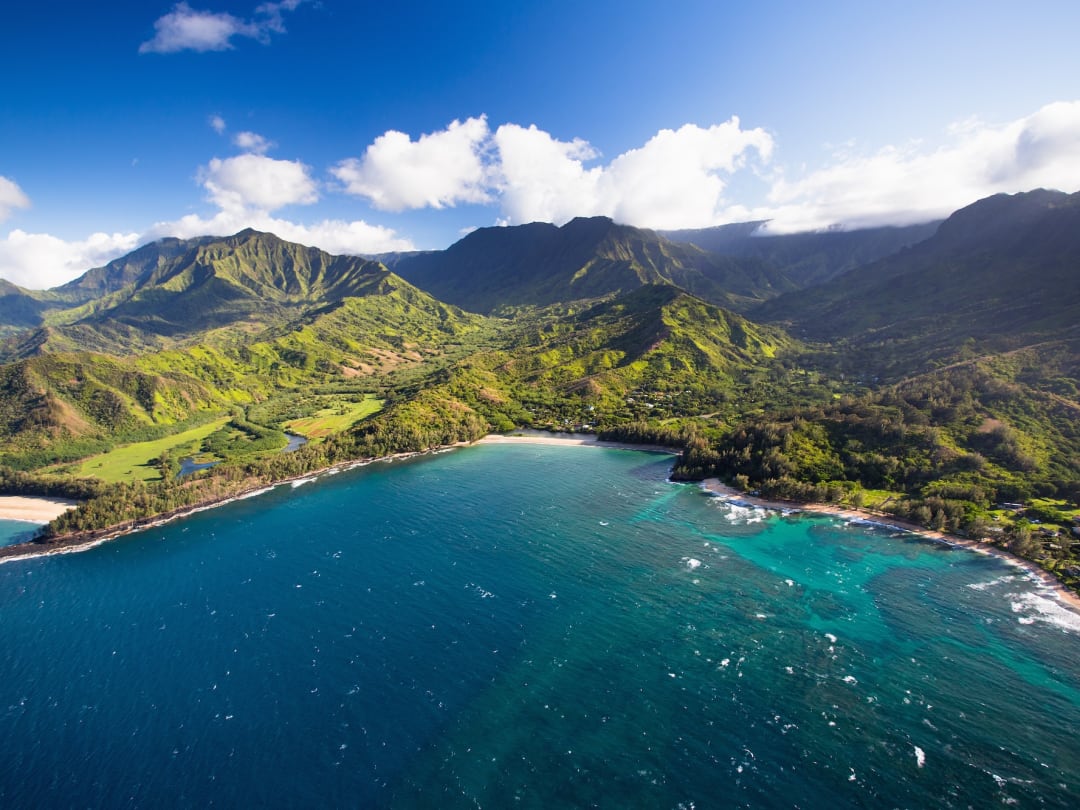
Mark Zuckerberg, whose net worth hovers around \$243 billion, has been quietly developing a vast and highly secretive estate on the Hawaiian island of Kauai. Originally purchased in 2014 for \$100 million, the property now spans approximately 700 acres near the small town of Kilauea. Recent developments show the project is expanding significantly, with the construction budget reportedly reaching \$300 million.
The estate, already home to two massive mansions (each the size of a football field), underground facilities, treehouse structures, tennis courts, a gym, and ranch houses, is rumored to include a bunker large enough to match an NBA court. The latest round of construction adds new layers of secrecy and scrutiny.
Workers on the project are required to sign strict non-disclosure agreements (NDAs), limiting what can be shared with the public. This has raised concern among Native Hawaiians and local cultural advocates, especially because some of the construction reportedly overlaps with a traditional burial site.
Julian Ako, a local resident who spoke with *WIRED*, expressed concern that the NDAs could suppress important information. “If they uncover iwi—or bones—it’s going to be a challenge for that to ever become public knowledge, because they’re putting their jobs in jeopardy,” Ako warned, referencing the remains of Native Hawaiian ancestors that may rest on the land.
The expansion also reignites past tensions between Zuckerberg and the local community. In previous years, the Meta CEO faced legal disputes and social backlash over his approach to acquiring land, including purchasing lots from long-time local families—sometimes at prices reaching \$20 million. This drew public criticism from community members and activists who viewed the moves as disruptive and insensitive.
Dustin Barca, a pro surfer and activist, previously criticized Zuckerberg’s land-buying tactics in a conversation with *SURFER*, calling them “classless” and accusing him of displacing families with generational ties to the area.
Cultural leaders and educators are also speaking out. Puali‘i Rossi, a professor of Native Hawaiian Studies at Kauai Community College, highlighted broader concerns about the island’s future. “If our island has any hope of remaining Hawaii, this kind of activity has got to stop,” Rossi said. “Eventually Hawaii isn’t going to look like Hawaii anymore—it’s going to be a resort community.”
With the project continuing to grow under tight secrecy, many locals fear that the cultural and ecological integrity of Kauai may be at risk. As controversy swirls, Zuckerberg’s fortress-like compound remains both a symbol of immense wealth and a flashpoint in the ongoing conversation about land rights and cultural preservation in Hawaii.